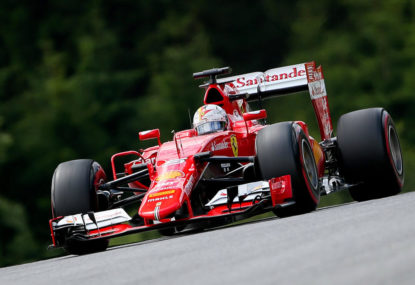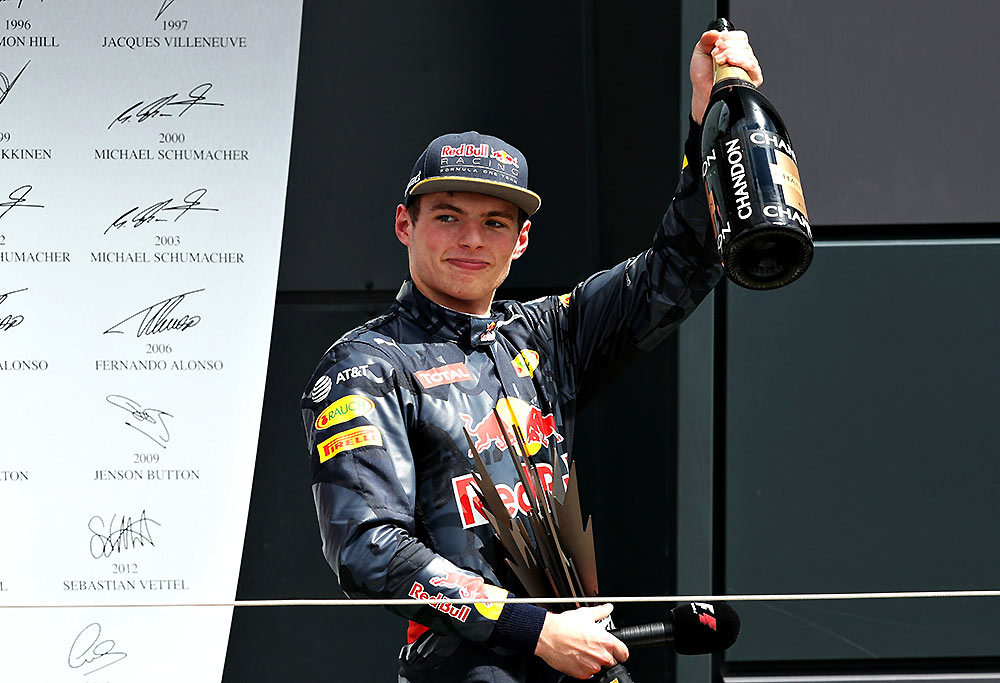'Welcome back': Reliving the last Chinese Grand Prix ahead of its much-anticipated return five years later
Five-years is a long time in motorsport, let alone the general state of the world – especially given the impact of the Covid-19 pandemic…

Four years remain on the present Concorde Agreement, though Formula One’s polarising hybrid experiment already appears numbered, with a consensus for cheaper and more audible power from 2021 reached.
Following an off-season which saw aerodynamic regulation upheavals that promise to quell the Mercedes juggernaut, discontent remains concerning the hybrid concept’s feasibility.
Environmental responsibility was at the forefront of the sport’s switch to V6 power in 2014. While representing sizeable financial investment pursuing the new-age technologies, and despite the German marque’s subsequent domination, primary dissatisfaction has lain with the diminished sound emitted from cars.
To that end, the agreement struck between manufacturers in shifting towards a more economic engine framework from 2021 at Paris last week carries some merit – especially for those who have reaped scarce return on their output – as much as this is tantamount to an admission of defeat.
Yet the convenient implication of a noisier capacity appears to be serving only the materialistic whims of the casual viewer, whose petty complaints which can be resolved by those willing to make a little effort and possess an unseemly desire to be rendered deaf.
Max Verstappen cited the “lovely sound” of the erstwhile V10, astutely observing that the whirring timbre of the V6 is “not really impressive for the fans”, though it can’t be a case of changing the formula since it sounds pleasing.

While the nostalgic haze of the V10 era will endure, it belonged to a certain time. The inability of the sceptics to embrace the sport’s necessity for societal relevance and ignorance of the considerable innovations which have resulted in the hybrid age leaves little hope that they will ever be sated.
2010 commenced amidst uproar upon the outlawing of refuelling, with a dismal Bahrain Grand Prix bringing many to draw a line through the season. Yet it culminated as one of the most memorable in memory, therefore it’s reasonable to expect the ‘show’ to improve from the outcome at Australia.
For the first time in years, thanks to Ferrari realising its pre-season promise, the prospect of a dual outfit showdown for the title beckons. Once the matter of overtaking is addressed, there’s little not to enjoy about Formula One’s latest direction, thus there’s little cause for consternation than an ostensible commitment has been made to alter the engine framework so far from the date in mind.
The FIA, which often finds itself marginalised despite its regulatory administration, must be careful not to neutralise the progress of the maligned hybrid era, which in mark two, finally has an opportunity to bear fruit once Ross Brawn and his team of experts finesse the rules.
Matters of vanity such as noise shouldn’t curry the agenda when settling on a viable engine alternative. At Brawn’s behest, an emphasis on retaining a large component of the hybrid philosophy – underpinning the sport’s transparency with society, rather than undermining the inroads made – while affording cost benefits to the manufacturers is the most equitable trajectory.
Formula One must affect change for the right reasons, otherwise an identity crisis has the potential to mask an exciting future which requires only concentrated tinkering rather than wholesale upheaval.